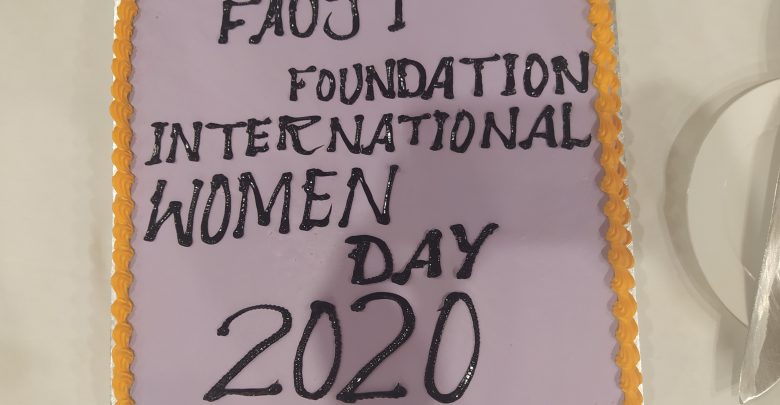By: Anum Fatima
The South Asian subcontinent is the least gender sensitive region in the world. It is the only region in the world where men outnumber women. The sex ratio is 105.7 men to every 100 women. In Pakistan, women are not only subjected to financial discrimination, but they are also victims of inhuman customs and laws such as Karo Kari, Hadood ordinance, Qasas and marriage to the Quran and half witnesses according to the state law (whereby in court a female witness is only worth half a male witness). In rural areas, women are like slaves subject to drudgery. They are there just to obey their fathers, brothers and husbands. They do not have the right to decide about themselves because women are considered as foolish creatures according to the dominant social and cultural norms. Likewise, marriage is also a sort of trade between different families both in the rural and urban areas. They are highly vulnerable to the violation of their rights to life. A woman’s right to liberty is restricted in the name of modesty, protection and prevention of immoral activity. But one must understand the meaning of honour because in our society honour does not have the meaning of its true sense. Here it really means possession of women as a form of property. Not only are the restrictions of women’s liberty maintained in the name of this honour (ghairat) but they also can be put to death if they lose their “honour”. Even in the advanced countries the exploitation and harassment of women on the basis of gender is rampant.
The violence against women begins in their childhood. They are not allowed to play games like boys that can help in their speedy mental and physical development. Another practice common in Pakistan, is cutting off a women’s nose if she is suspected of having an extra-marital relationship. Sexual assault on women, including rape, remains one of the most common crimes. The Human Rights Commission estimated that rape occurs every three hours.
The tragedy with the women’s movements is that women from the upper classes, who mostly dominate them, have never had to suffer the same ordeals as the women of the oppressed classes. The adverse conditions in important sectors such as public hygiene, health and education, have a greater bearing on women of the working classes. Hence the struggle for the rights of women and their liberation has different meanings for women of different classes.
The ultimate destiny and victory of this struggle lies in the success of the Socialist Revolution.
The writer is a student of the Univeristy of Karachi, she can be reached at [email protected]


